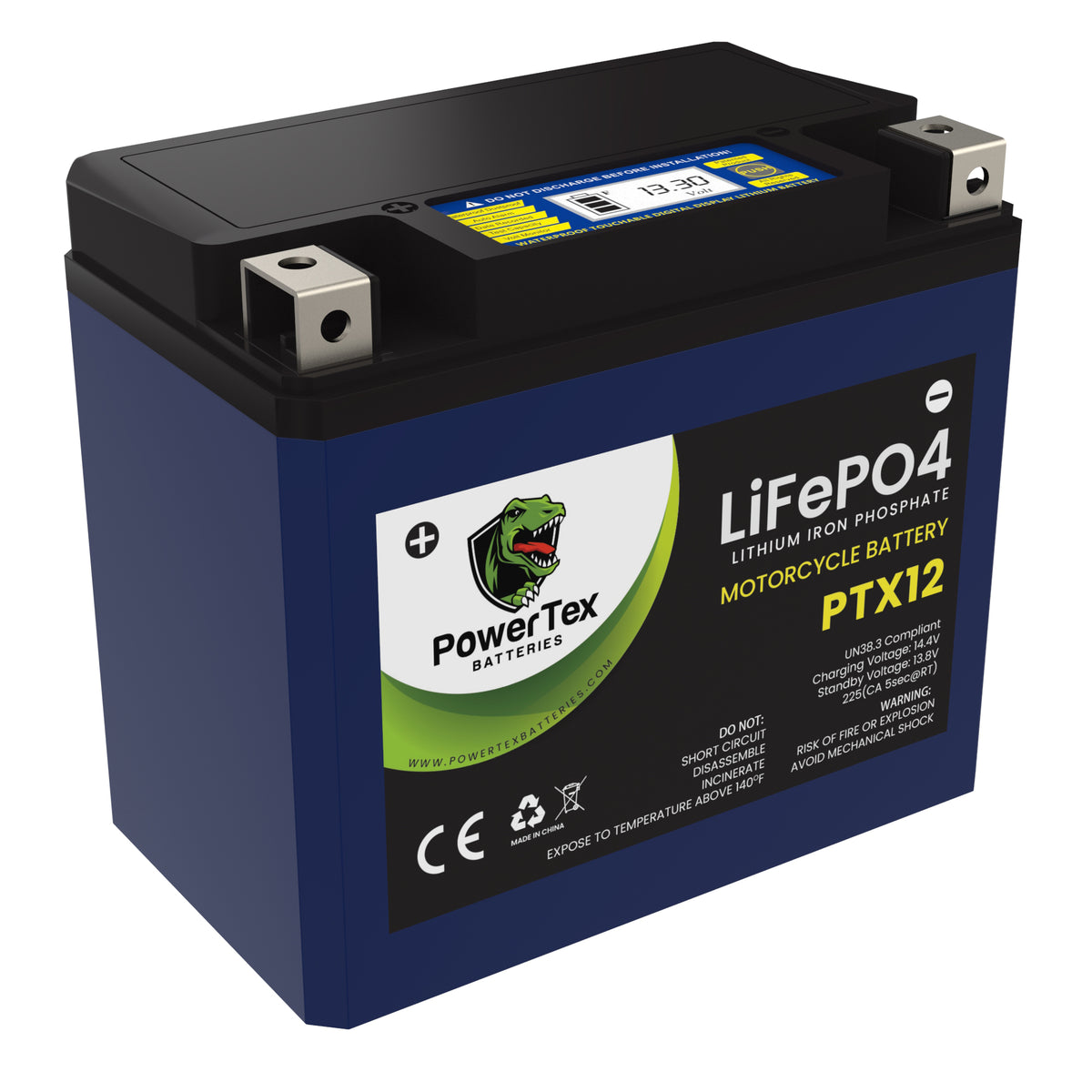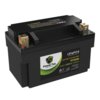moddy
the mod
Being found coloring outside the lines again, don't want to replace my starting battery with a lead acid, with the reading I've done on lifepo4.
Well I'm not the first one to do it found a couple other life Poe starting batteries for an '05 ST1300 to be in the $160 to $200 range, this one is not.

 powertexbatteries.com
It has the cranking amps and voltage requirements. It is a motorcycle specific starting battery it just doesn't come up for my year make and model but the dimensions are close enough I think it will fit, just haven't measured it yet.
powertexbatteries.com
It has the cranking amps and voltage requirements. It is a motorcycle specific starting battery it just doesn't come up for my year make and model but the dimensions are close enough I think it will fit, just haven't measured it yet.
What do some of you number crunchers and statisticians think about the way it presents?
Well I'm not the first one to do it found a couple other life Poe starting batteries for an '05 ST1300 to be in the $160 to $200 range, this one is not.

PowerTex Batteries YTX12 Lithium Ion LiFePO4 Motorcycle Battery
PowerTex offers premium Lithium Iron Phosphate batteries with 3000-5000 charge cycles vs. 300-500 with SLA. Built-in smart BMS. 1/3 the weight of SLA. Environmentally friendly with no corrosive metals or chemicals. SLA Drop-in Replacement for Motorcycles, ATVs, Scooters, Jetskis, Wave-runners...
What do some of you number crunchers and statisticians think about the way it presents?



